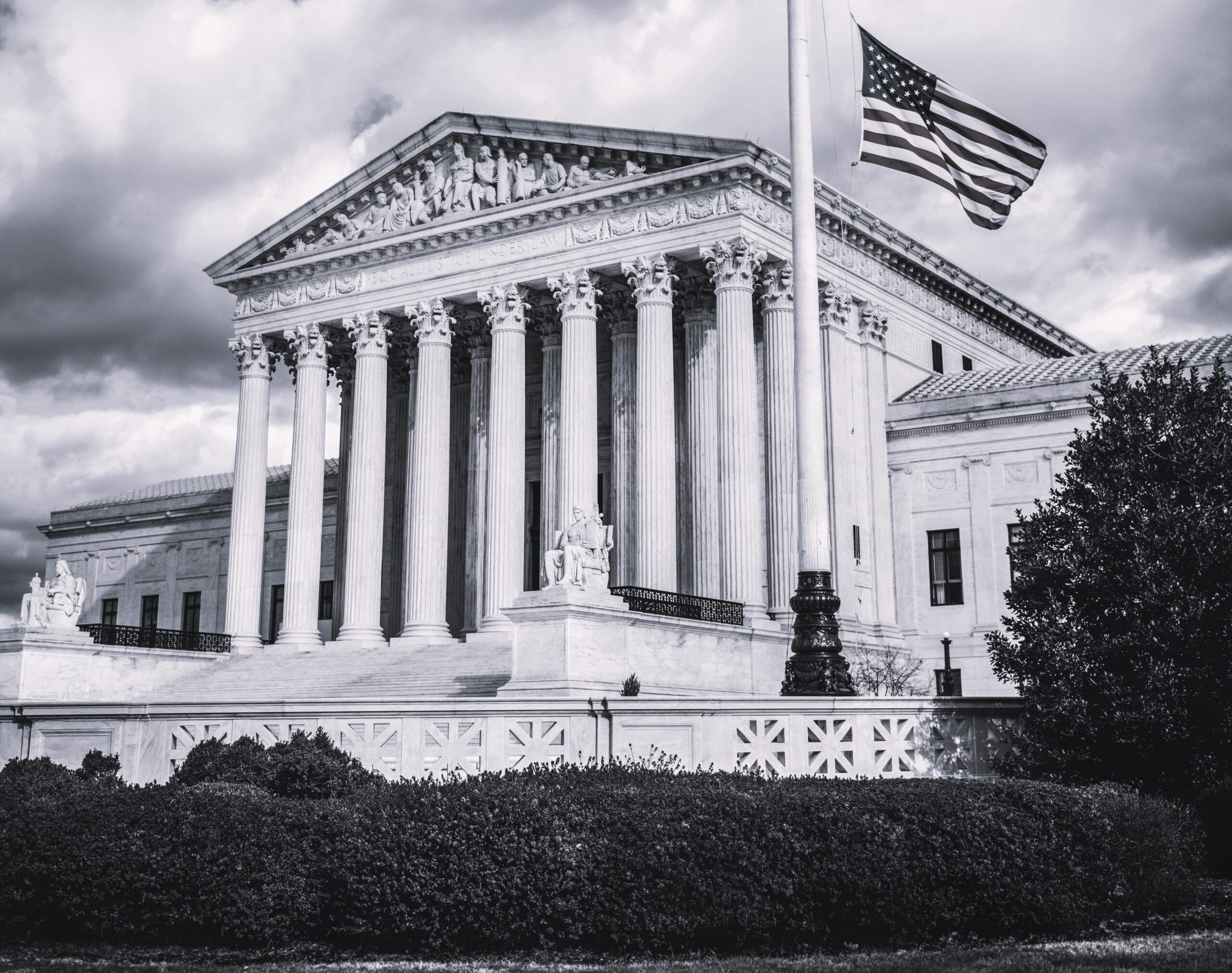Employee Handbooks In 2025: Action Required For New York And New Jersey Employers

Federal and state employment laws are constantly evolving and employers must regularly revise their employee handbooks to remain compliant. Below are some key legal developments for New York and New Jersey employers to consider incorporating into their employee handbooks and related policies and postings as they enter 2025:
New York
- Prenatal Leave – As previously discussed here, New York became the first state to require paid leave for prenatal care. The new law requires up to 20 hours of paid leave for prenatal care per calendar year and does not impact or detract from other paid sick/safe leave obligations.
- Paid Lactation Breaks – New York now mandates paid break time for employees to express breast milk in the workplace regardless of the size of the employer, which we reported here. Employers must provide 30 minutes of paid break time for employees that have a reasonable need to express breast milk. The New York Department of Labor issued a model policy which must be provided to all employees.
- New York City Workers’ Bill of Rights – As detailed here, New York City’s Department of Consumer and Worker Protection unveiled its Workers’ Bill of Rights. New York City employers must provide employees with a copy of the “Know Your Rights at Work” poster and prominently post the bulletin in accessible locations. While an employee handbook update is not necessary to include the Workers’ Bill of Rights, New York City employers should ensure all notice requirements are met.
New Jersey
- Gender Neutral Dress Codes – The New Jersey Division of Civil Rights (“NJDCR”) announced it was unlawful for businesses open to the public to maintain gender-specific dress codes. While the announcement was related to a consent order obtained on behalf of a patron/complainant visiting a place of public accommodation, the same prohibition on treating employees differently based on their gender applies in the employment context. The announcement signals that the NJDCR will potentially be more aggressive in enforcing the gender-neutral dress code requirement pursuant to the New Jersey Law Against Discrimination (“NJLAD”).
- Employee Expenses – The New Jersey Appellate Division recently found that unreimbursed business expenses may give rise to employer liability under the New Jersey Wage Payment Law (“NJWPL”). As previously discussed here, employers should review their existing business expense reimbursement policies to ensure they comply with the NJWPL.
- New Jersey Law Against Discrimination & Out-of-State Workers – The NJDCR issued guidance stating that the NJLAD applies to all employees of New Jersey-based employers, regardless of whether the employee physically works in New Jersey. Therefore, New Jersey employers should ensure that all out-of-state and remote employees are treated in accordance with the NJLAD.
- Family Leave Act – The NJDCR issued a “comprehensive guidance document” to clarify the obligations of employers under New Jersey Family Leave Act (“NJFLA”). The Frequently Asked Questions should be reviewed to ensure employers’ leave policies are compliant.
Federal
- Harassment Guidance – The Equal Opportunity Employment Commission (“EEOC”) issued new guidance on workplace harassment. The guidance, initially discussed here, broadens descriptions of harassment and specifically references a Supreme Court decision holding that Title VII of the Civil Rights Act (“Title VII”) prohibits discrimination based on gender identity and sexual orientation. The guidance also states that stereotyping an employee based on positive or negative social or cultural expectations concerning how individuals of a particular group should act may constitute harassment. The guidance also confirms that hostile work environment claims may arise from conduct occurring in a work-related context outside of the workplace – i.e., virtually or off-site. Employers should review the new guidance and revise their harassment policies as needed.
- Pregnant Workers Fairness Act – The EEOC issued its final rule and interpretive guidance regarding employers’ obligations under the Pregnant Workers Fairness Act (“PWFA”). Under the federal law, covered employers must provide reasonable accommodations to individuals who are experiencing known limitations related to or arising out of pregnancy, childbirth, or related medical conditions. The guidance provides a non-exhaustive list of potential accommodations. Employers should review their existing handbooks to ensure they comply with the recently enacted PWFA.
As the law continues to evolve on these matters, please note that this article is current as of date and time of publication and may not reflect subsequent developments. The content and interpretation of the issues addressed herein is subject to change. Cole Schotz P.C. disclaims any and all liability with respect to actions taken or not taken based on any or all of the contents of this publication to the fullest extent permitted by law. This is for general informational purposes and does not constitute legal advice or create an attorney-client relationship. Do not act or refrain from acting upon the information contained in this publication without obtaining legal, financial and tax advice. For further information, please do not hesitate to reach out to your firm contact or to any of the attorneys listed in this publication.
Join Our Mailing List
Stay up to date with the latest insights, events, and more




